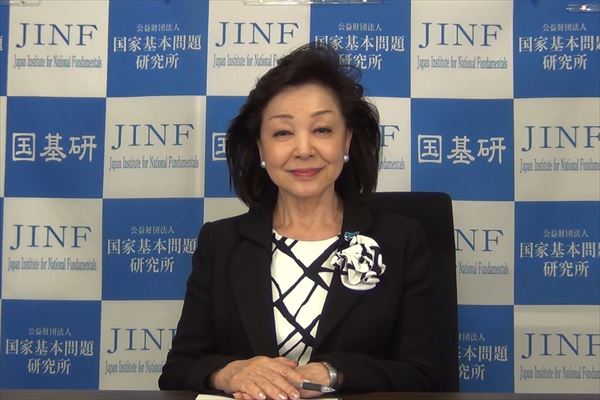After Prime Minister Shinzo Abe declared a state of emergency in April, Japanese people acted in a remarkable manner. The government declaration is not legally binding or backed by penalties but consists only of requests, reflecting the current Japanese constitution’s spirit implying that a country is an evil entity confronting with its people and should not be given even minimum muscle.
Despite this non-obligatory framework, most Japanese people fully embraced requests by the prime minister and behaved in the essentially Japanese way. As a result, Japan could overcome the first wave of the Wuhan virus outbreak in some 50 days.
Young people should behave responsibly
The excellent result owes to Japan’s long-standing altruism and morality. The ancient Japanese tale of Princess Oto Tachibana who threw herself to quell the sea-god’s anger more than tells us of the indivisibility of love and sacrifice. Even when being unable to do anything but stand in awe of the nature, Japanese have cared about and acted for others.
Even when the March 2011 East Japan Earthquake devastated northeastern Japan, Japanese retained their composure, acted orderly and cooperated with each other. Watching such natural Japanese behaviors, people in the rest of the world wondered why Japanese refrain from stampeding for food or pressing forward.
The sense of responsibility and the spirit of altruism steadily exist in us and have contributed to overcoming the first wave of the novel coronavirus. Since early July, however, the daily number of newly confirmed virus infection cases in Japan has remained hundreds, concentering in Tokyo. On a Fuji Television program titled “Sunday News THE PRIME” on July 26, Tokyo’s Shinjuku Ward Mayor Kenichi Yoshizumi said that the average positive rate of PCR (polymerase chain reaction) tests for the novel coronavirus at night clubs and other entertainment businesses in Shinjuku’s red-light district of Kabukicho was as appallingly high as 45.9% in the first half of July.
Tokyoites and other Japanese must correctly recognize this fierce fact. Some data indicate that more than 70% of newly confirmed infection cases represent those aged below 40. Young people infected with the coronavirus are said to remain asymptomatic and little affected, but some of them are reportedly left with aftereffects such as lung disease. Wise behaviors and correct information are the two sides of the same coin. National and local governments are obligated to provide information as much as possible. Only after all generations share information, they will take responsible behaviors in fighting against the virus.
Penalty-backed obligations are necessary
In the face of rapid growth in the number of new infection cases and the expansion of infections from Tokyo to other parts of Japan, prefectural governors are asking the national government to propose legislation for enhancing their law enforcement power. The time has come to correct the abnormal situation in which national and local governments lack power to issue compulsory orders backed by punishments. Japan should accelerate the correction as the first small step to becoming a normal democracy in which the people do not take any hostile view of their country.
I question if Tokyo, though being rich with affluence, convenience and intelligence, has left behind the spirit of altruism in pursuit of entertainment. Tokyoites must understand that they have rights, freedom and responsibilities unless they hurt others.
As Japan develops into a normal country in which the people and the country support each other, citizens in Tokyo being top among Japanese prefectures in coronavirus infections should relearn good values that have stood long in Japan.
Yoshiko Sakurai is President of Japan Institute for National Fundamentals and a freelance journalist.


